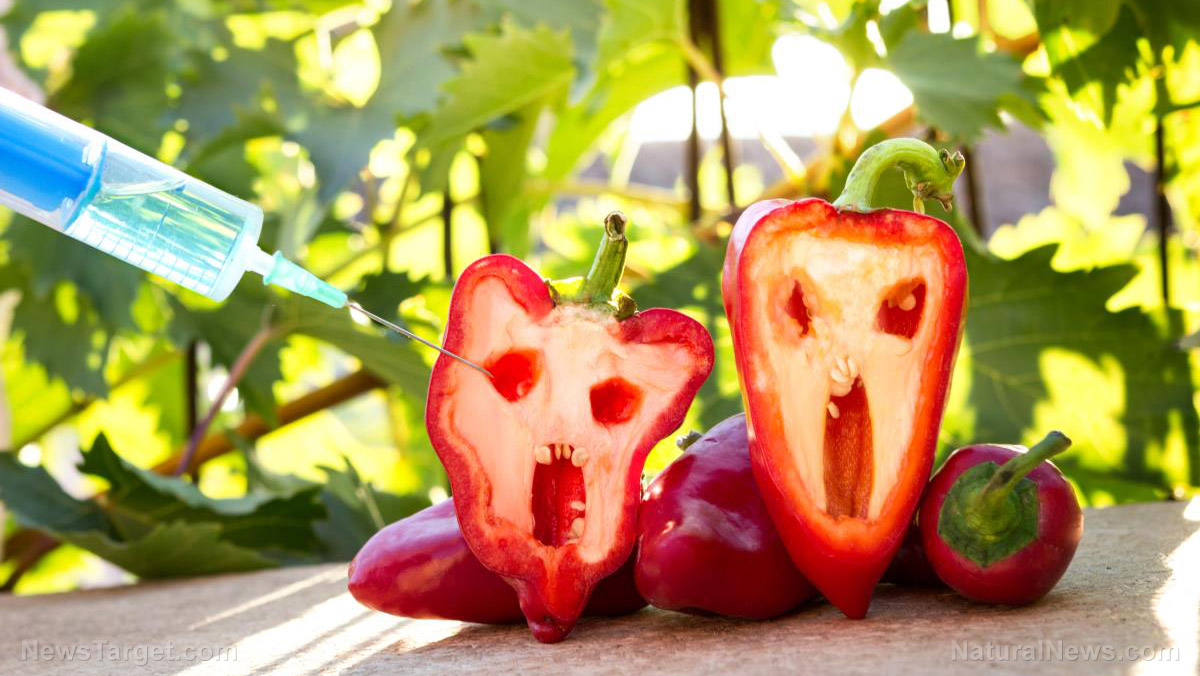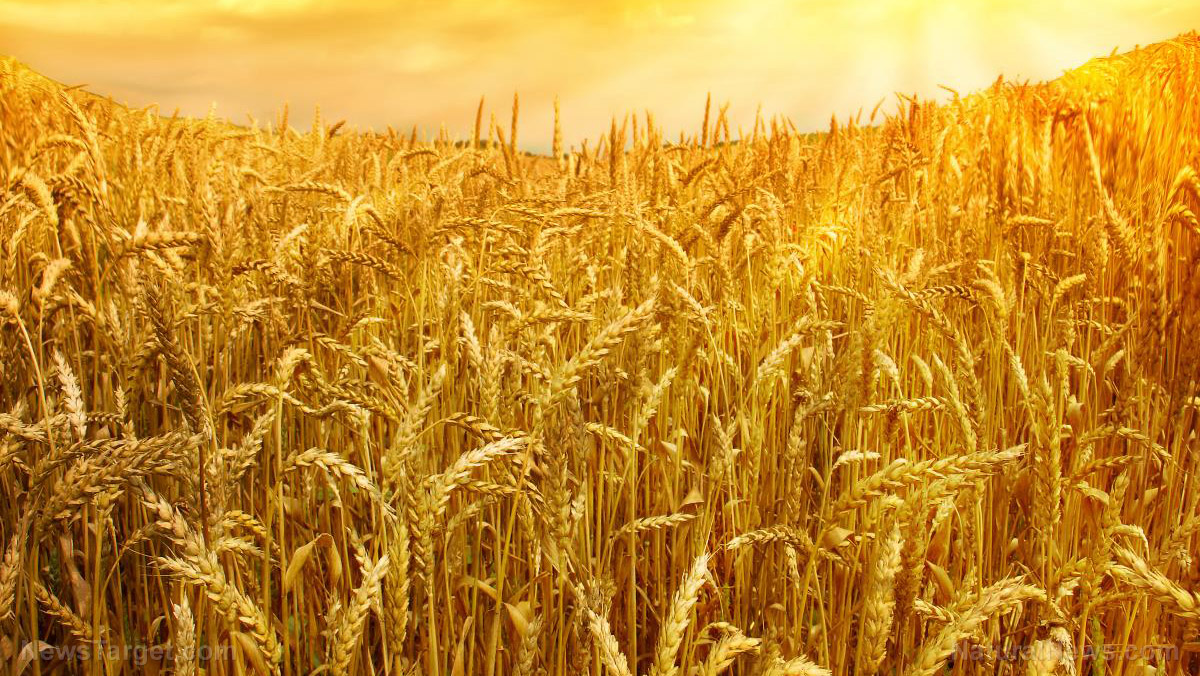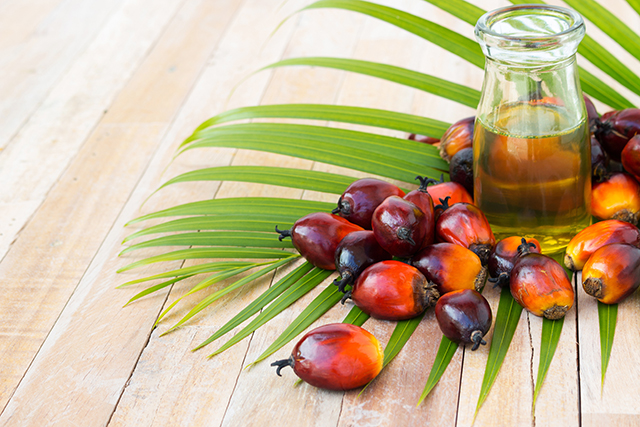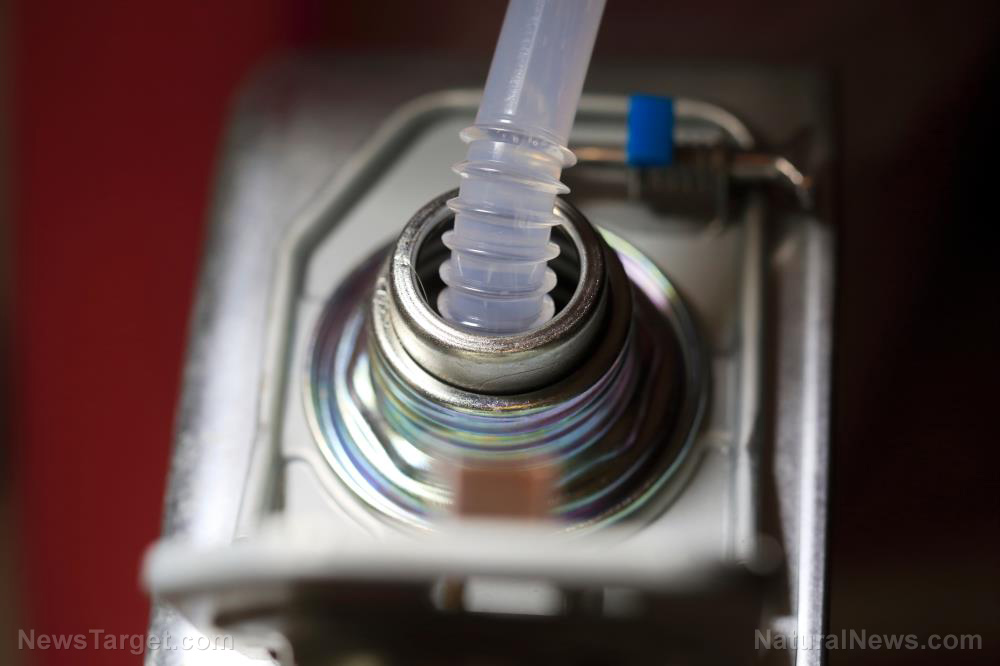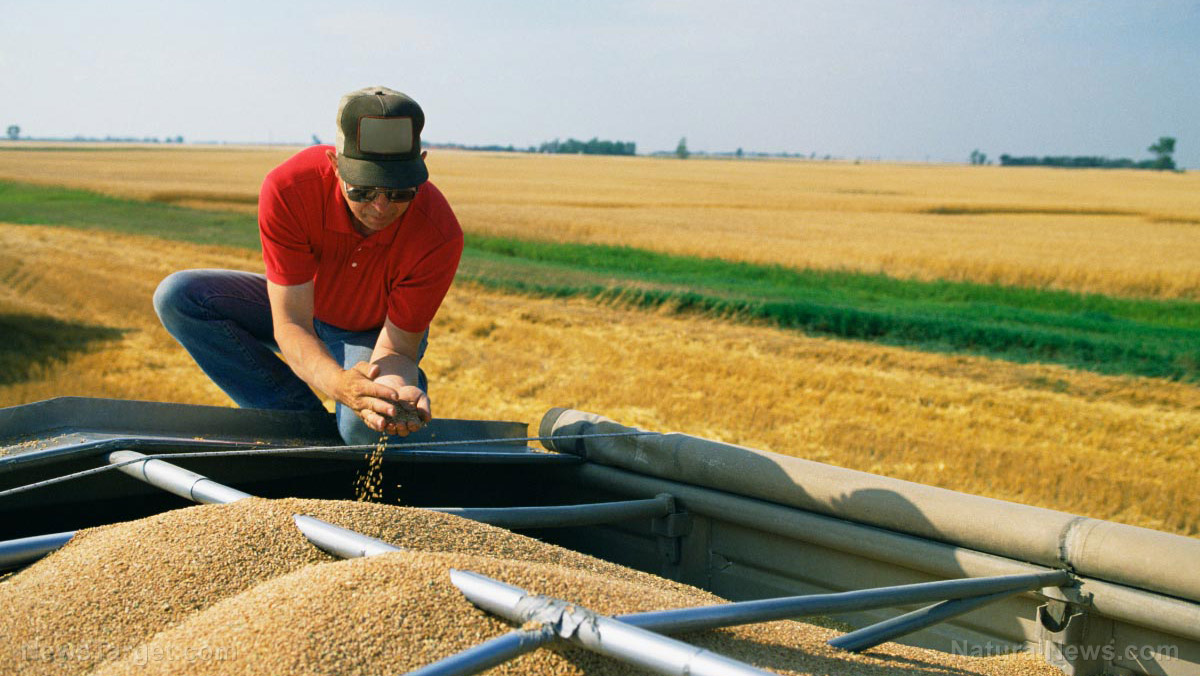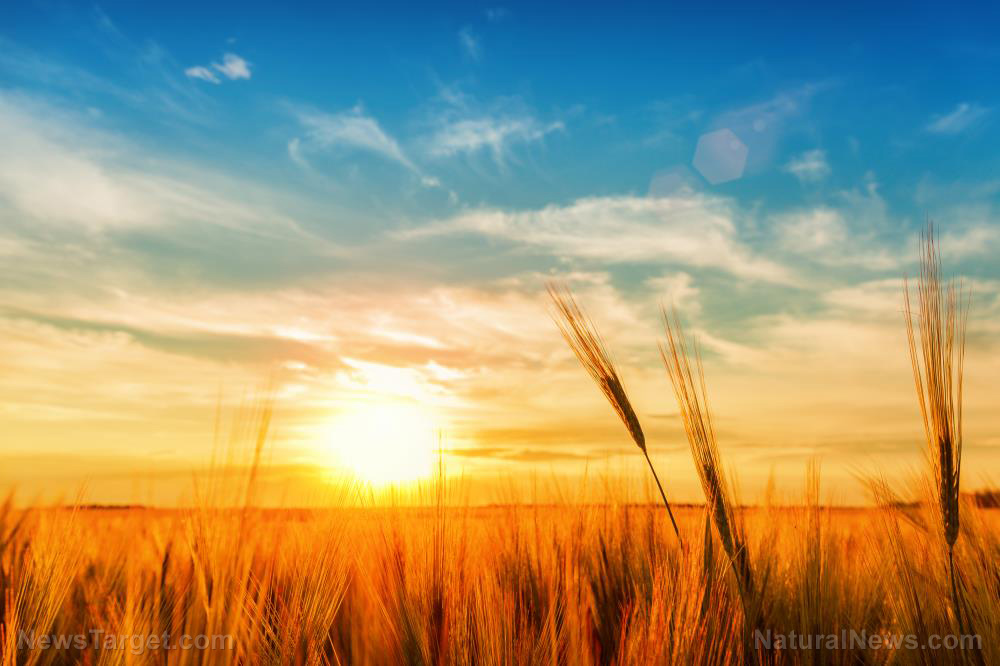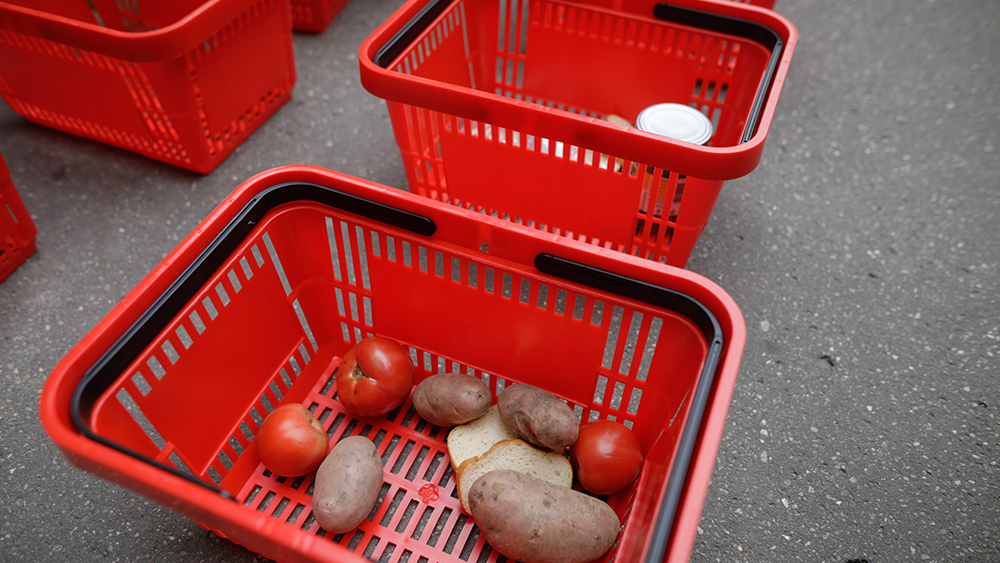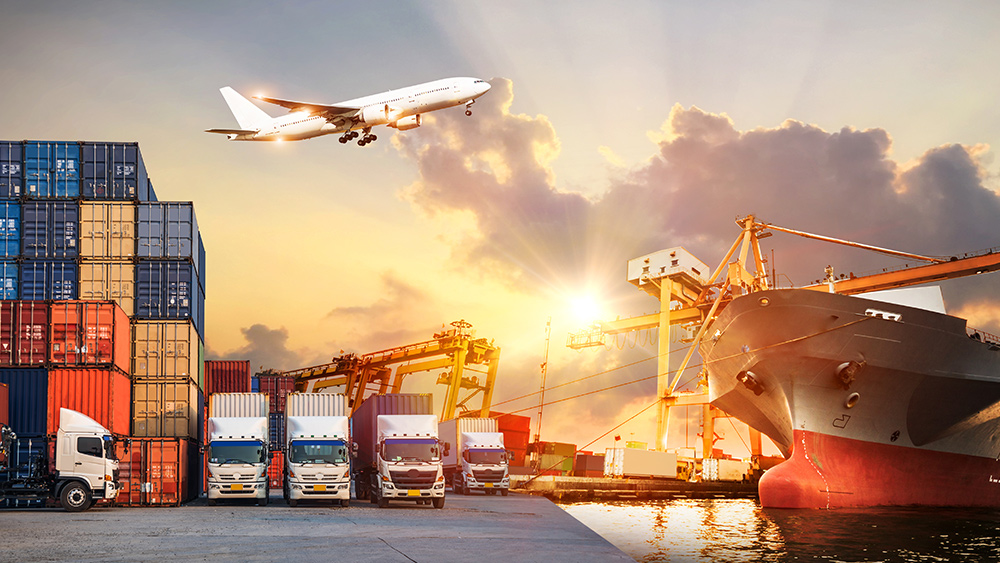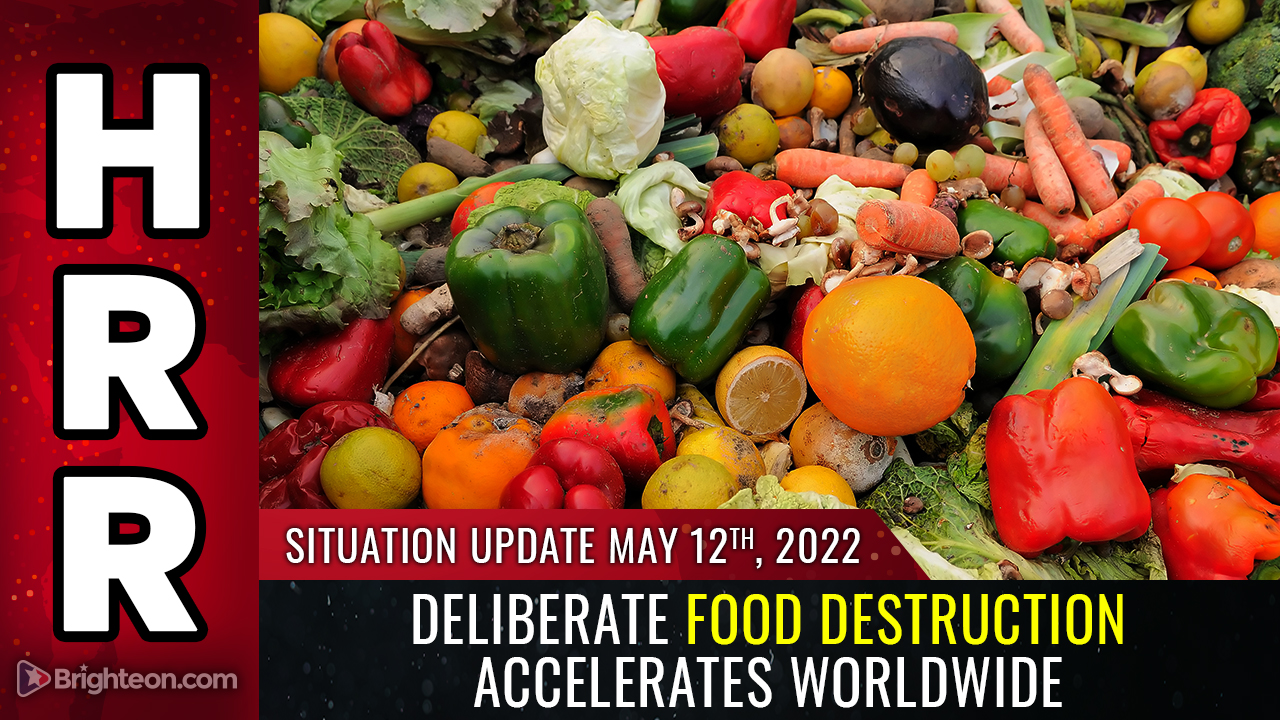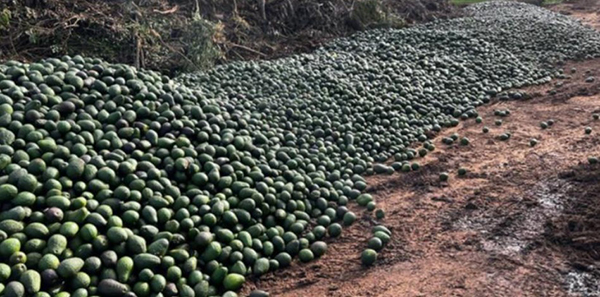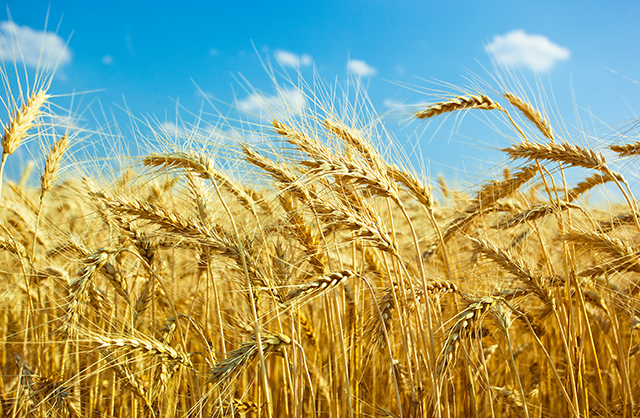Joel Salatin on Liberty and Finance: Food insurance policy could address food security concerns
05/24/2022 / By Mary Villareal
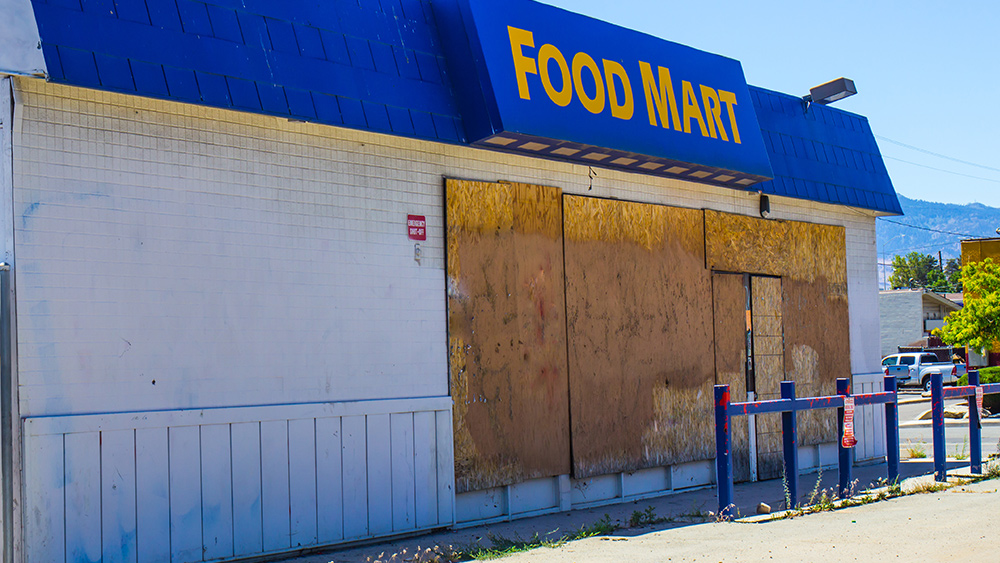
Host Dunagun Kaiser and guest Joel Salatin discussed the possibility of having food insurance policies in the U.S. during the May 22 episode of “Liberty and Finance.”
“These are concerning times and people need to be paying attention to where their food is coming from,” Kaiser said.
Salatin, on the other hand, noted that large food producers will face unprecedented issues going forward, and mega facilities are in a non-resilient, vulnerable spot when it comes to producing food for the United States.
Whether it is about storing food, creating relationships with local farmers or starting to produce food in their own homes, Americans need to take actions to protect their families when food scarcity becomes a reality. Some people believe that to address food security concerns, there is now a need for food insurance.
Salatin, a farmer and lecturer, said he is trying to see what food insurance would look like and what model can be used to offer something like it.
If this happens, it could turn the food industry upside down. Normally, people would approach food producers to say they will provide a market for their products or give a minimum price that they can count on. But a food insurance model would entice farmers to go to top bidders who are willing to put money on food stability. (Related: Russia-Ukraine war will further worsen global food shortage as poor nations face starvation, unrest.)
Kaiser likened the possibility of having food insurance to travel insurance: People who are willing to pay extra for their comfort, safety and stability are also likely to pay extra to ensure that they get food directly from farmers year-round.
The current crisis has demonstrated that Americans may have over-optimized for efficiency by relying on concentrated centers of food production. To strengthen resilience, it is necessary to diversify supply chains – especially for critical goods. This will require improved access to services across borders that are essential to the production and transportation of agricultural products.
Greater access to financial services that are essential for all types and sizes of businesses could position farmers to prepare and respond to disruptions. Similarly, financing the logistical infrastructure to bring products to markets can also help manage the predictability of demand.
Global food shortages loom due to a variety of issues
President Joe Biden said in March that the world will experience food shortages due to the war between Russia and Ukraine. The price of sanctions was not just imposed upon Russia, but on a lot of other countries as well, including the U.S. and Europe.
At the G-7 summit in Brussels, Biden and Canadian Prime Minister Justin Trudeau discussed increasing agricultural production to try to make up for shortfalls. Biden also said that he’s urging all nations, including those in Europe, to drop trade restrictions on food exports.
Biden and leaders of top U.S. allies are also exploring how to keep Russia’s invasion of Ukraine from causing a spike in global hunger as the war increasingly disrupts supplies of wheat and other goods from these regions.
Moreover, the food shock in Ukraine has been devastating: Grain and sunflower oil in storage from last year’s harvest can’t be shipped due to the war and port closures. Shelling and fuel shortages may also interfere with spring planting and the fertilizers that farmers need to apply to the wheat crops as they emerge from dormancy.
Infrastructure damage, labor shortages and the continuing conflict could also compromise the summer harvest and transportation of whatever is produced.
Separately, an opinion column pointed out that the rising food prices are ringing alarm bells for households all over the world. U.K. food banks are already at their busiest and supermarkets in Italy have reported panic buying. In Iraq, there have been bread price protests.
Food costs and fertilizer prices were already high before the war, but have now reached record levels amid the drop in Russian supply. More expensive natural gas, which is a crucial ingredient in fertilizer-making, has led European fertilizer factories to scale back their production. (Related: Global hunger crisis on the horizon as US, Britain, Australia, others deliberately demolish their own food production.)
With all these problems on a global scale, creating a model for food insurance may not be a bad idea.
Visit FoodCollapse.com for more news related to food shortages.
Watch the video below to know more about food shortages, insurance and resources.
This video is from the Liberty and Finance channel on Brighteon.com.
More related stories:
World Alternative Media: Global food shortage is part of Great Reset agenda.
Global food shortage caused by war in Ukraine serves globalist Great Reset agenda.
Agricultural Economy Barometer flashes warning signs over global crop crisis (and looming famine).
Global food scarcity to cause 20+ million refugees from Africa to flee to Europe – mass migration.
Sources include:
Submit a correction >>
Tagged Under:
agriculture, big government, chaos, economy, farming, food collapse, food crops, food exports, food inflation, food insurance, food production, food security, food shortages, food supply, harvest, hunger, panic, rationing, scarcity, starvation, supply chain, World War III
This article may contain statements that reflect the opinion of the author
RECENT NEWS & ARTICLES
COPYRIGHT © 2017 HARVEST NEWS


